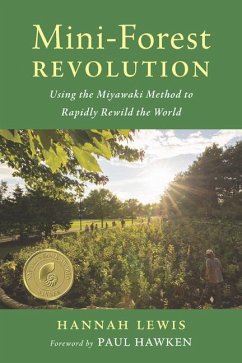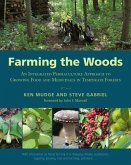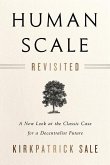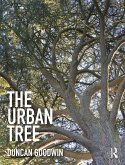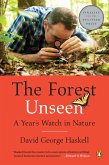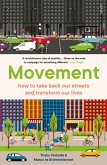"For readers who enjoyed Finding the Mother Tree and The Hidden Life of Trees comes the first-ever book about a movement to restore biodiversity in our cities and towns by flipping empty lots, backyards and degraded land into mini-forests. In Mini-Forest Revolution, author Hannah Lewis presents a compelling case that what the world needs is not a corporate-sponsored "Trillion Tree Campaign," but instead a people-powered "plant a million mini-forests" effort. After all, nature is composed of functioning ecosystems, not tree plantations. Lewis presents the Miyawaki Method, a unique approach to reforestation devised by botanist Akira Miyawaki in response to Japan's rapid post-war development. She explains the scientific basis for why Miyawaki-style mini-forest projects matter and how they work, including how biodiversity increases ecosystem productivity and resilience, how vegetation transforms solar energy into latent heat and releases it away from Earth, and the role of native climax species in replicating the composition of ancient forests. Lewis also explores the multi-faceted benefits of planting a mini-forest, including: Cooling urban heat islands Sequestering carbon Building soil health Increasing water retention in dry or degraded landscapes Establishing wildlife corridors Healing communities working to recover from trauma Helping urban youth connect with nature Today, the Miyawaki Method is witnessing a worldwide surge in popularity as communities seek to restore degraded landscapes both urban and rural. Lewis shares the stories of mini-forests that have sprung up across the globe and the people who are planting them-from a young forest along the concrete alley of the Beirut River in Lebanon, to a forest that is recharging groundwater in Cameroon, to the backyard forest planted by tiny-forest champion Shubhendu Sharma in India. Mini-Forest Revolution is complete with a step-by-step field manual for designing and planting a forest using the Miyawaki Method, with special attention to the process of developing a list of appropriate species and their respective proportions. No matter where you live, this book will inspire you to help organize a mini-forest project in your own community, and that may be one of the best decisions you can make"--

